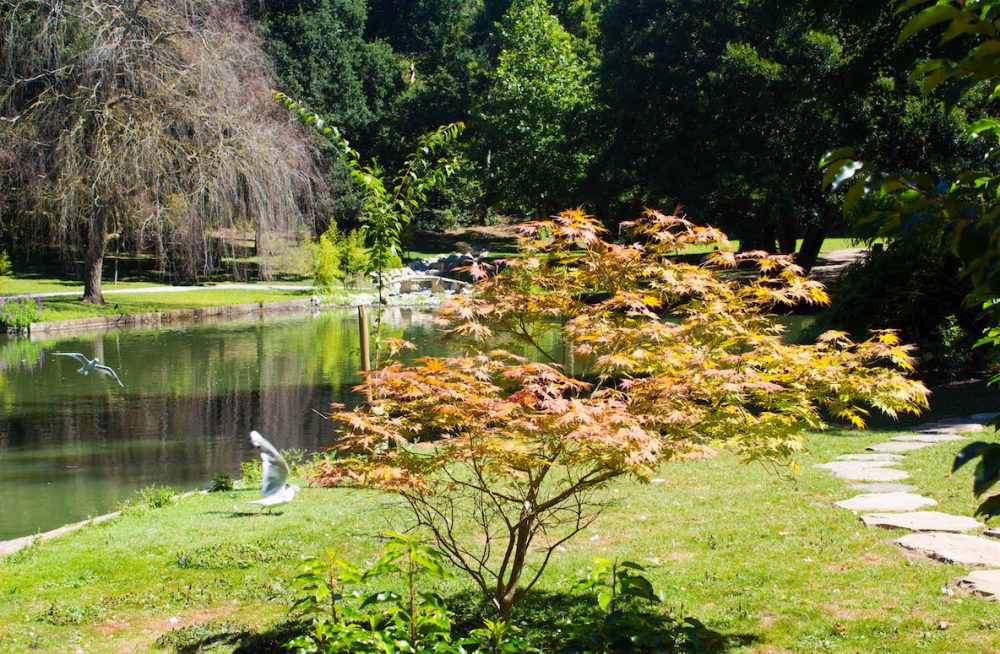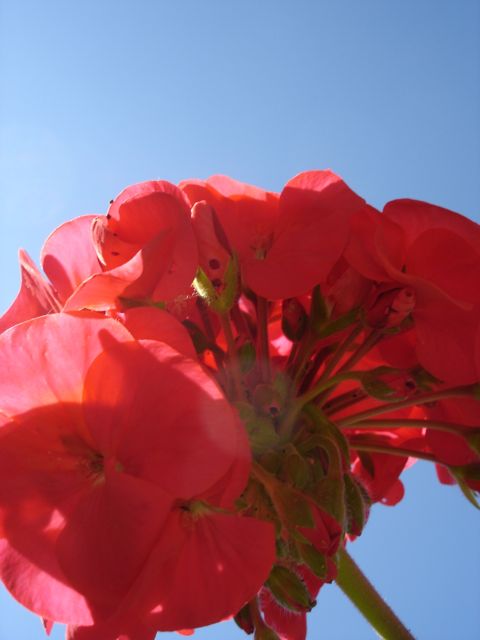Life is not all about seeking; we can relax and consider our relationships. Who is important to us and how would they know this?
I know it can feel embarrassing telling people that we care about them but we need to find our own way of conveying this to them. Imagine if they died and did not know how you felt about them. Similarly do you know the people in your life who really care about you? Regardless of how successful or rich we might become, life is enjoyed when we have people to celebrate our successes and empathise with our challenges. Good relationships are key to a fulfilling life.
As I get older this is something I have improved upon. I love to have intimate birthday parties where I invite close friends who are important to me. As time has gone on and life has presented its tragedies it is important to know that there are people who I can lean on and who could lean on me. This is not really about mutual support because different people offer different things to a relationship but it is about a sense of awareness, where we do the best we can to be good partners, friends, family, colleagues and neighbours. We can take responsibility for our part in our relationships. For Carl Jung ‘the meeting of two personalities is like the contact of two chemical substances: if there is any reaction, both are transformed.’
Your way will probably be different from my way but it is important for you that you know how to do it for your circle of relations. It’s okay to be a little awkward and let people know how you feel about them rather than risk them thinking you do not care. This is not about buying friendships or performing affection for onlookers but about having an honest encounter with people in your life.
If this sounds too cosy having good relationships does not mean that everyone is always smiles and happiness. It is about being true with each other. So many people go through life without getting honest feedback because no one in their life cares enough (or is brave enough) to tell them when they are behaving inappropriately. If the first time you are given such feedback is at school or work then it has a public element to it that may make it more difficult to accept. Challenging feedback is probably best delivered in love and privately.
It is important to have people in our lives who can encourage us to grow, learn, deepen and be our best self. What are you doing to attract such people into your life and to be that friend to the people in your life? For that you need honesty, trust, care and courage. I have experienced this through my counselling training and my small church group as well as with longstanding individual friendships and peer groups. The truth is that no money in the world could buy quality relationships.
How do you communicate to let people know that you appreciate, value and respect them? Do you spend time nourishing your relationships or do you expect them to stay alive by themselves? Let me know your thoughts.





